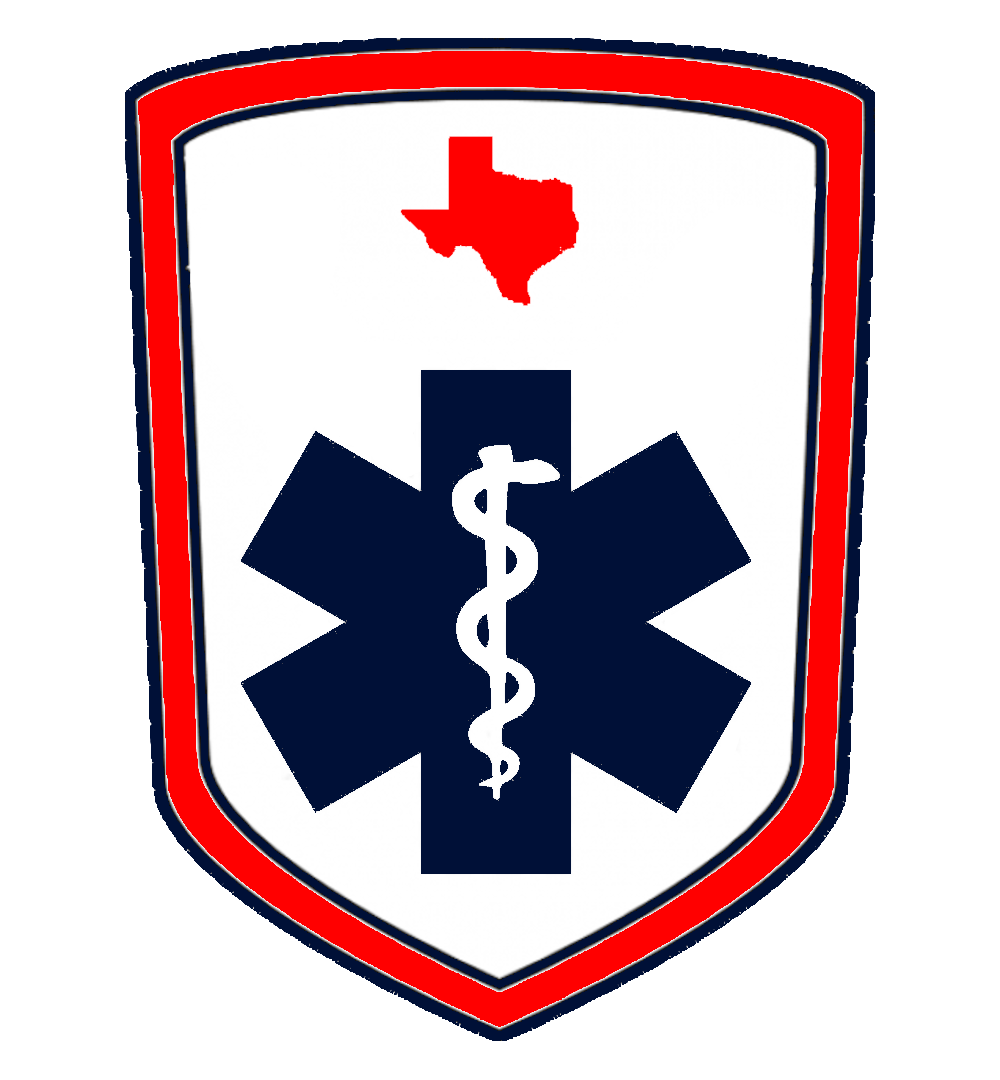Emergency Medical Technicians (EMTs) represent a unique breed of healthcare professionals who must possess a specific combination of physical, mental, and emotional qualities to succeed in their challenging role. Let’s explore the essential characteristics that define successful EMTs.
Core Personality Traits
1. Mental Fortitude
The ability to perform well under pressure stands as one of the most crucial qualities, as EMTs regularly face high-stress situations requiring quick, accurate decision-making. This includes:
- Maintaining composure during emergencies
- Making split-second decisions
- Managing multiple tasks simultaneously
- Staying focused despite distractions
2. Emotional Intelligence
Compassion and empathy are essential for the core mission of EMS responders, as they must:
- Understand both physical and emotional states of patients
- Provide comfort in traumatic situations
- Connect with patients from diverse backgrounds
- Maintain professional boundaries while showing genuine care
Physical Requirements
The role demands significant physical capabilities. EMTs must possess:
- The ability to lift and carry at least 100 pounds
- Comfort with bending, lifting, and kneeling throughout their shift
- Stamina for long hours and physically demanding tasks
- Manual dexterity and hand-eye coordination
Professional Qualities
1. Communication Excellence
Successful EMTs must demonstrate:
- Strong listening skills when patients describe injuries and illnesses
- Clear communication with team members and dispatchers
- Ability to explain medical procedures to patients and families
- Professional interaction with other healthcare providers
2. Team Orientation
Being a team player ranks among the essential characteristics, as EMTs must:
- Coordinate effectively with partners
- Work seamlessly with other emergency responders
- Collaborate with hospital staff
- Support fellow team members during challenging situations
Emotional Resilience
The emotional demands of the job require specific coping mechanisms and mental strength:
1. Stress Management
EMTs face significant stress that can impact their mental, emotional, and physical well-being. Successful EMTs develop:
- Effective coping strategies
- Stress recognition and management techniques
- Healthy work-life balance
- Professional boundary setting
2. Mental Health Awareness
Depression, anxiety, and PTSD are common challenges in the profession. Strong EMTs:
- Recognize the importance of mental health maintenance
- Seek support when needed
- Practice regular self-care
- Maintain emotional boundaries
Essential Character Traits
1. Adaptability
Flexibility ranks as a crucial characteristic, as EMTs must:
- Adjust to rapidly changing situations
- Handle unexpected challenges
- Work in various environments
- Adapt communication styles to different patients
2. Professional Growth Mindset
Successful EMTs demonstrate:
- Commitment to continuous learning
- Openness to feedback
- Desire for skill improvement
- Professional development focus
Coping Mechanisms
To maintain long-term success, EMTs employ various coping strategies:
Four main approaches have proven effective:
- Seeking social support
- Practicing consistent self-care
- Utilizing specific coping mechanisms
- Finding meaning in their work
Conclusion
The ideal EMT combines physical capability with emotional intelligence and mental resilience. While technical skills can be taught, the core personality traits and character qualities are often innate or developed through experience. Success in this field requires not just meeting the physical demands but also maintaining emotional stability and professional growth mindset while developing strong coping mechanisms for the challenges inherent in emergency medical services.
For those considering emergency medical technician training, self-assessment of these qualities is crucial. The role demands individuals who can maintain composure under pressure, show genuine compassion, and sustain physical and emotional resilience through challenging situations. These characteristics, combined with proper training and ongoing personal development, form the foundation of an effective emergency medical technician.

Leave a Reply